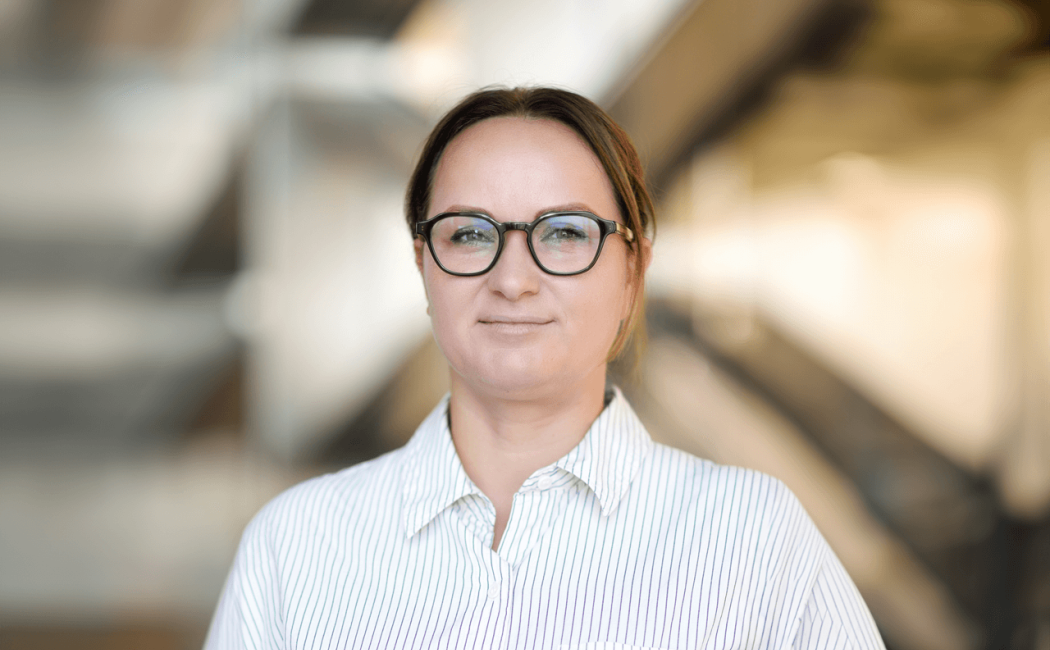
Professor Petra Marhava joins BESE as an assistant professor in Plant Science
14 October, 2025
Ensuring crop resilience in the face of climate change is critical to global sustainability — a challenge Professor Petra Marhava has pursued throughout her career and will continue to address in her new role at King Abdullah University of Science and Technology (KAUST).
“I hope my research will contribute to uncovering how plants adapt to harsh and changing environments, leading to crops that can thrive despite stress from drought, heat, or poor soils,” said Marhava, who joins KAUST’s Biological and Environmental Science and Engineering (BESE) Division as an assistant professor in Plant Science.
“By strengthening plant resilience, we can contribute to sustainable agriculture and ensure more reliable food supplies in the face of global challenges.”
Marhava uses advanced techniques to uncover molecular and cellular mechanisms underlying root responses to stress, focusing on temperature extremes and drought. Her work reveals how temperature influences hormonal cell-to-cell transport and shapes plant acclimation strategies.
Before joining KAUST, Marhava earned her Ph.D. from the Institute of Science and Technology Austria in 2015, where she studied molecular mechanisms in Arabidopsis roots. She continued as a postdoctoral fellow at the University of Lausanne, Switzerland, investigating auxin transport during vascular development.
In 2022, Marhava established an independent research program at the Swedish University of Agricultural Sciences in Umeå, focusing on temperature stress and auxin transport. Her work has earned major European grants and recognition through AcademiaNet, a non-profit international database containing profiles of female scientists.
These experiences taught her to pursue research with curiosity and dedication. “They have also shown me the importance of collaboration and innovation in driving impactful research,” she said.
At KAUST, Marhava will lead innovative projects investigating how plants cope with environmental challenges, particularly temperature extremes and drought stress. She aims to discover how plants adapt at the molecular level to produce more resilient crops. Marhava intends to advance plant science while positively impacting Saudi Arabia and the world through her contributions to KAUST’s vibrant and dynamic scientific community.
“I approach collaborations with openness and the belief that diverse expertise leads to the strongest solutions,” she said. “At KAUST, I see great potential for interdisciplinary and international partnerships to tackle pressing challenges in agriculture and sustainability.”
“I am inspired by KAUST’s mission to address global challenges through world-class research. Being here offers a unique chance to contribute to both scientific advancement and the Kingdom’s vision for innovation and sustainability.”